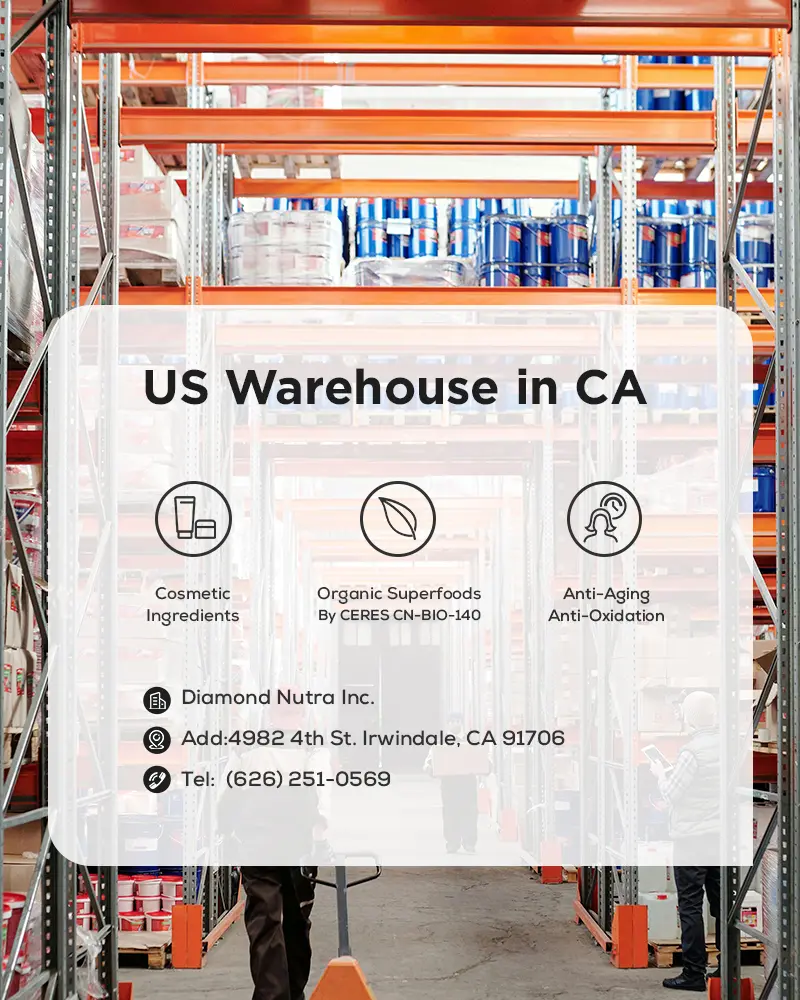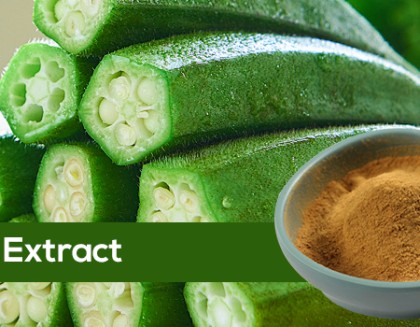Food and Nutrition Ingredients
Vitamin K1
- Product Name: Vitamin K1
- Specification: 1%、5%、98%
- Package: 1kg/bag 25kgs/drum
- Appearance: Light Yellow Powder / Light Yellow Oil
- Certification: ISO 22000, Kosher, Halal, EU, USDA, HACCP, FSSC 22000
PRODUCT INTRODUCTION
What’s Vitamin K1?
The chemical name of vitamin K1 is phylloquinone, which is a fat-soluble vitamin. Its chemical structure includes a naphthoquinone ring and a phytol side chain. This structural feature determines its fat solubility, allowing it to dissolve in a fat environment and be absorbed by the human body. Given the importance of vitamin K1 in human health, some food manufacturers add vitamin K1 to food as a nutritional enhancer.
The Specification of Vitamin K1
|
Product Name
|
Vitamin K1
|
|
Specification
|
1%、 5%、98%
|
|
Package
|
1kg/bag 25kgs/drum
|
|
Appearance
|
Light Yellow Powder / Light Yellow Oil
|
|
Certification
|
ISO 22000, Kosher, Halal, EU, USDA, HACCP, FSSC 22000
|
Vitamin K1′ s Properties
Promote Blood Clotting
Vitamin K1 is essential for the synthesis of clotting factors II, VII, IX, and X, which are critical to the blood coagulation process. It facilitates the carboxylation of these factors, activating them to effectively promote clot formation and prevent bleeding.
A deficiency in Vitamin K1 impairs the production of these coagulation factors, leading to prolonged clotting time and increased bleeding risk. Symptoms may include easy bruising, nosebleeds, gum bleeding, and skin ecchymosis.
Involved in Bone Metabolism
Vitamin K1 plays a vital role in bone metabolism by supporting the synthesis and carboxylation of osteocalcin—a protein secreted by osteoblasts that is essential for bone mineralization and maintaining bone mass. Adequate intake of Vitamin K1 helps improve bone density and may reduce the risk of fractures.
Maintains Cardiovascular Health
Vitamin K1 may support cardiovascular health by inhibiting vascular calcification—a key pathological feature of atherosclerosis and other cardiovascular diseases. By preventing calcium deposition in blood vessel walls, Vitamin K1 helps reduce the risk of vascular calcification and associated cardiovascular conditions.
Vitamin K1 may also contribute to normal liver function and cellular metabolism. In special populations such as newborns, supplementation with Vitamin K1 can help prevent vitamin K deficiency bleeding, offering critical protection for neonatal health.
Related Products
Have any questions?
Let's get in touch!
Contact us if your are thinking of purchasing highquality ingredients, develop new products, or justsolving a manufacturing challenge in your rawmaterials.
























